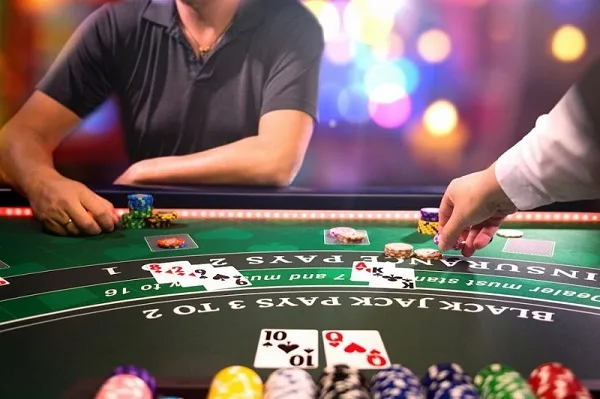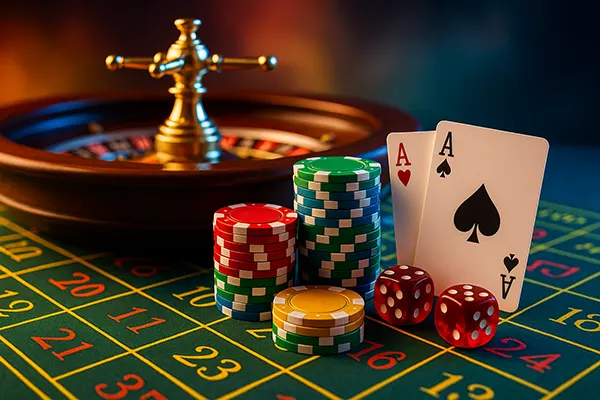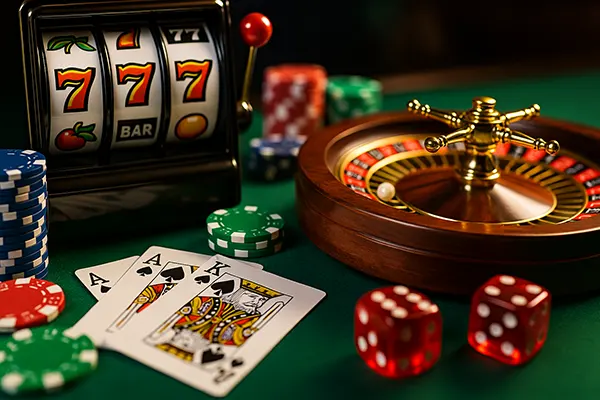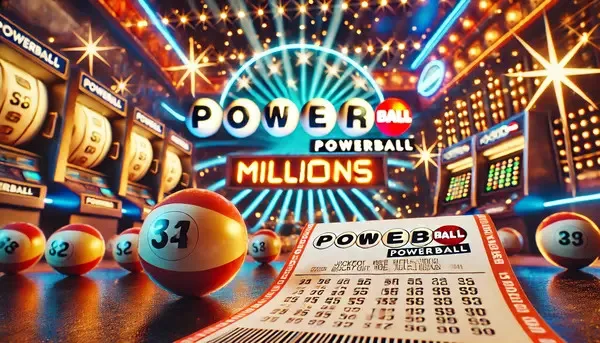
Powerball – The Main Lottery of the USA
Powerball is one of the most prominent and widely recognized lotteries in the United States. With massive jackpots that capture the imagination of millions, it is considered a symbol of hope and fortune for many Americans. Whether it’s the excitement of watching the draw or dreaming about the potential winnings, Powerball remains a major player in the lottery world, offering life-changing sums to its winners.
History of the Powerball Lottery
Powerball’s journey began in 1988 when it was introduced under the name “Lotto America.” In 1992, the game was revamped and renamed Powerball, a move that significantly boosted its popularity. Over the years, Powerball has evolved, adding new features and increasing the prize pool, making it one of the most sought-after lotteries in the USA.
Initially played in 23 states, Powerball has expanded to cover 45 states, the District of Columbia, Puerto Rico, and the U.S. Virgin Islands. The game’s long history is marked by numerous record-breaking jackpots that have attracted players from all walks of life, further cementing its place as an iconic American lottery.
Gameplay in the Powerball Lottery
Powerball is a straightforward lottery that involves choosing five white balls from a pool of 69 numbers and one red Powerball from a pool of 26 numbers. The winning combination is determined by matching all six numbers, though smaller prizes are also awarded for matching fewer numbers.
Each ticket costs $2, with an additional $1 for the Power Play option, which can multiply non-jackpot prizes by up to 10 times. Players can either choose their numbers manually or opt for a quick pick, where the numbers are randomly selected. Powerball drawings take place twice a week, on Wednesday and Saturday evenings.
One of the key features of Powerball is the escalating jackpot, which grows each time there’s no winner. This rolling feature has led to some of the largest lottery jackpots in history, adding to the game’s allure.
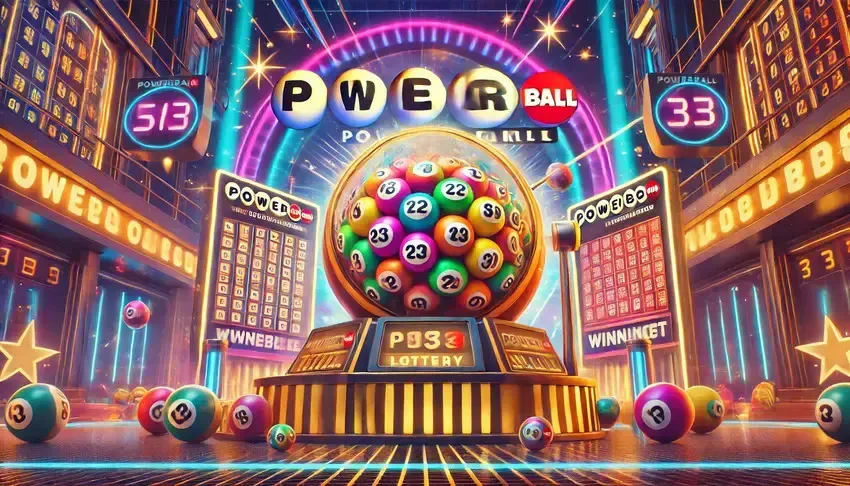
Payouts and Odds in Powerball
Powerball’s payouts are legendary, with jackpots often reaching into the hundreds of millions or even billions of dollars. The largest Powerball jackpot to date was a staggering $1.586 billion, split among three winners in 2016. Besides the jackpot, Powerball offers eight other prize tiers, ranging from $4 for matching just the Powerball to $1 million for matching all five white balls without the Powerball.
The odds of winning the Powerball jackpot are 1 in 292.2 million, making it a rare but enticing possibility. However, players have better odds of winning smaller prizes, with the overall chance of winning any prize being 1 in 24.87. Power Play, an additional feature, allows players to increase their non-jackpot winnings by up to 10 times, depending on the multiplier drawn.
How to Win the Powerball Jackpot?
Winning the Powerball jackpot is a matter of both luck and strategy. While there is no foolproof way to guarantee a win, there are strategies that players can use to increase their odds. First, buying more tickets increases your chances, though this can quickly become expensive. Another common strategy is forming lottery pools, where groups of players purchase tickets together and share any winnings. This approach allows for more tickets to be purchased without spending too much individually.
Additionally, choosing less popular numbers may reduce the chance of sharing the jackpot if you win, as many people tend to select numbers related to dates, which limits the range to 1–31. By selecting numbers above 31, players can potentially avoid splitting the prize if they do hit the jackpot.
While the odds are long, Powerball remains a game of dreams, and for many, the thrill of participating is just as important as the possibility of winning.
Powerball has become more than just a lottery; it’s a national sensation that has changed lives and created instant millionaires. With its rich history, simple gameplay, and astronomical jackpots, it continues to be a favorite among lottery players in the USA and beyond. Whether you’re a seasoned player or trying your luck for the first time, Powerball offers a unique opportunity to dream big and maybe, just maybe, win it all.

